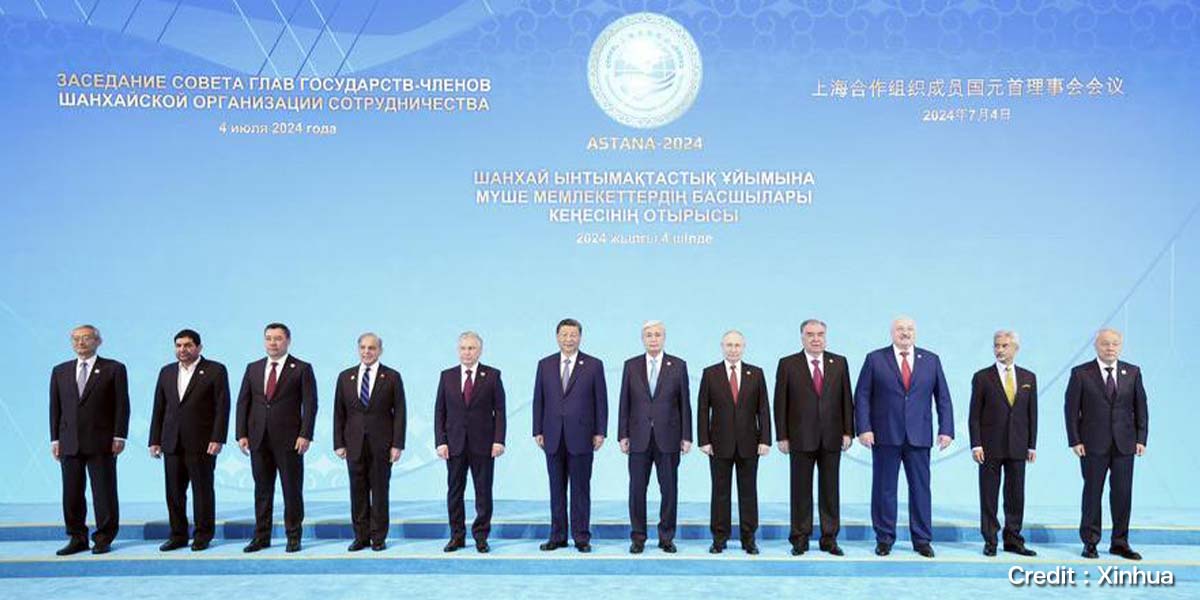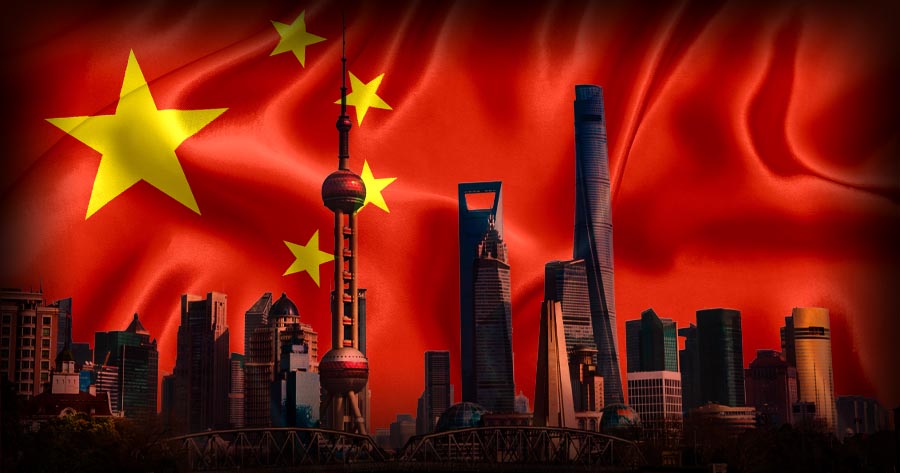Chinese President Xi Jinping called on member states of the Shanghai Cooperation Organisation (SCO) to harness the advantages of their vast combined market, while outlining his vision for a new global security and economic framework that stands in contrast to U.S. leadership.
Addressing more than 20 world leaders at a two-day summit in Tianjin, Xi positioned the SCO as an example of evolving international relations, and promoted the development of a more equitable system of global governance.
During the meeting, Xi pledged 2 billion yuan ($280 million) in free aid to member countries this year, along with an additional 10 billion yuan in loans via the SCO banking consortium. He pressed members to further facilitate trade and investment and accelerate cooperation in sectors such as energy, infrastructure, science and technology, and artificial intelligence.
The summit featured prominent attendees including Russian President Vladimir Putin and Indian Prime Minister Narendra Modi, alongside leaders from Central Asia, the Middle East, South Asia, and Southeast Asia, reflecting a coordinated effort by emerging economies to showcase solidarity within the Global South.
The SCO, originally a security-focused alliance of six Eurasian countries, has since expanded to encompass 10 permanent members and includes 16 dialogue and observer states.
Against the backdrop of rising global tensions and shifting geopolitical alliances, Xi underscored the need to resist the so-called “Cold War mentality and bloc confrontation”, advocating for support of multilateral trading frameworks. These remarks came after the United States imposed new tariffs, notably impacting countries such as India, whose exports recently encountered a 50% duty.
Analysts point out that China is leveraging the SCO’s largest gathering to date to present a contrasting model of global governance to that of American hegemony, as the U.S. retreats from some multilateral institutions and faces mounting uncertainty in its foreign policy.
The summit also provided an opening for China and India to re-engage. Prime Minister Modi’s first visit to China in seven years included talks with Xi, during which both leaders affirmed that their countries are partners in development rather than competitors, and discussed measures for strengthening economic ties amid ongoing global trade volatility.





